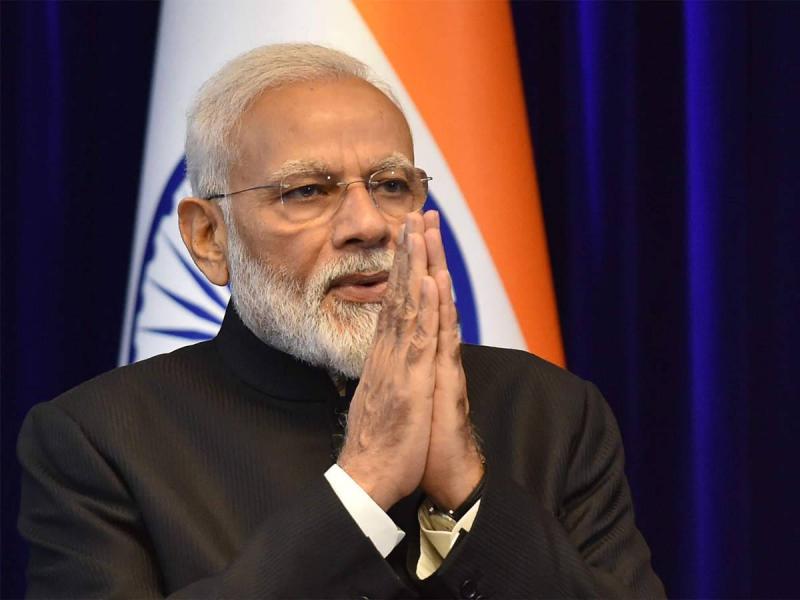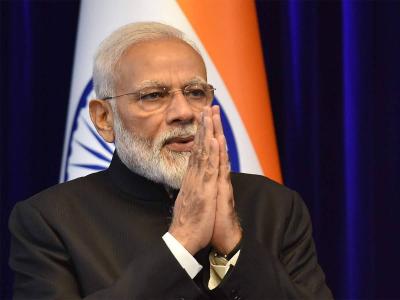Lawmakers in India's National Democratic Alliance officially elected Narendra Modi as Prime Minister on Friday for a third consecutive term, marking the return of the world's most populous country to a coalition government. Modi is set to meet with President Droupadi Murmu later today to request the formation of a new government. A spokesperson for one of his allied parties stated that the oath of office is scheduled for Sunday evening.
This is the first time in ten years that Modi's Bharatiya Janata Party (BJP) requires support from regional parties to form the government. The party, which won a significant majority in the previous two terms, secured only 240 seats in the lower house, well below the 272 seats needed for a majority on its own. The National Democratic Alliance holds 293 seats in the 543-member lower house.
The Comprehensive Development Alliance, led by the centrist Congress Party under Rahul Gandhi, won over 230 seats, exceeding expectations. Lawmakers from the BJP and its allies unanimously voted in favor of Modi during the first meeting of the alliance following the counting of votes and announcement of results.
Indian media noted that allies of the BJP are seeking the position of Speaker of the House, while the BJP itself is expected to retain four key ministries: External Affairs, Defense, Home Affairs, and Finance. Negotiations to form a coalition government mark a return to the pre-2014 era when Modi came to power with an absolute majority for the BJP, as coalition partners typically negotiate for positions and benefits.




